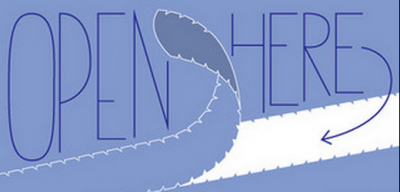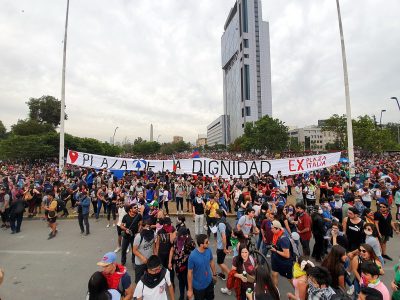Written by CELE researcher Verónica Ferrari and CELE intern Samantha Valliere.
Over the past decade, Latin America has become a pioneer in public policies for transparency — numerous laws guaranteeing a right of access to public information have been passed, and more are under consideration today.
But one question that has been neglected by governments and that activists have yet to tackle is that of the archive. As more and more public information becomes freely accessible, how should these documents be managed?
In the 1980s, as dictatorships in South America gave way to democratic reforms, archivists and advocates for human rights worked together to investigate the past and identify violations of human rights that occurred during the dictatorships that took place in Chile, Argentina and other parts of the region. But none of that work has continued in the development of legislation on access to public information.
A new publication from the Center for the Study of Free Expression and Access to Information at the University of Palermo Law School in Argentina seeks to fill this gap by linking the implementation of access to information with the modernization and management of information. The principle objective of the work is to identify the main actions that need to be undertaken or provided by the States in order to realize a comprehensive management policy for public information.
The publication analyzes debates between the archivists and the access to information and explores questions of technology in the management of information and the challenges that appear in the information society, digitization and open government, and the formation of the archives. It also provides a survey of the laws governing archive management in Latin America and an international perspective on access to information and archives.
The complete publication is available here (in Spanish) with select chapters in English here.




